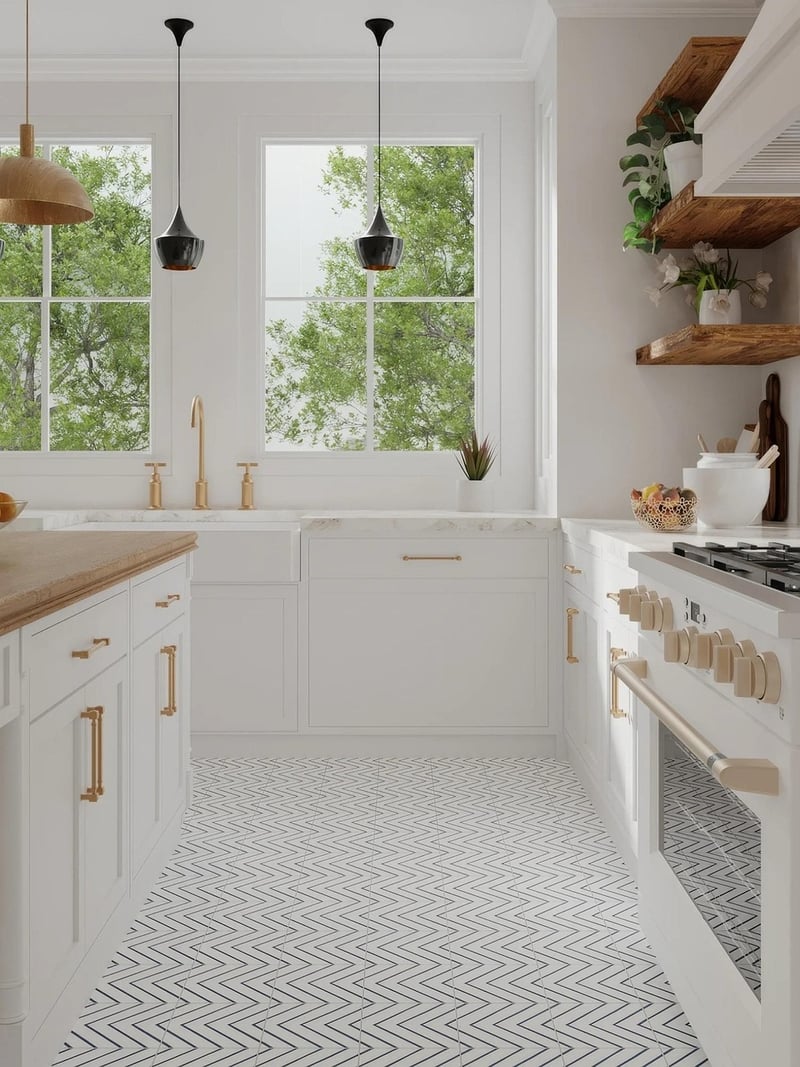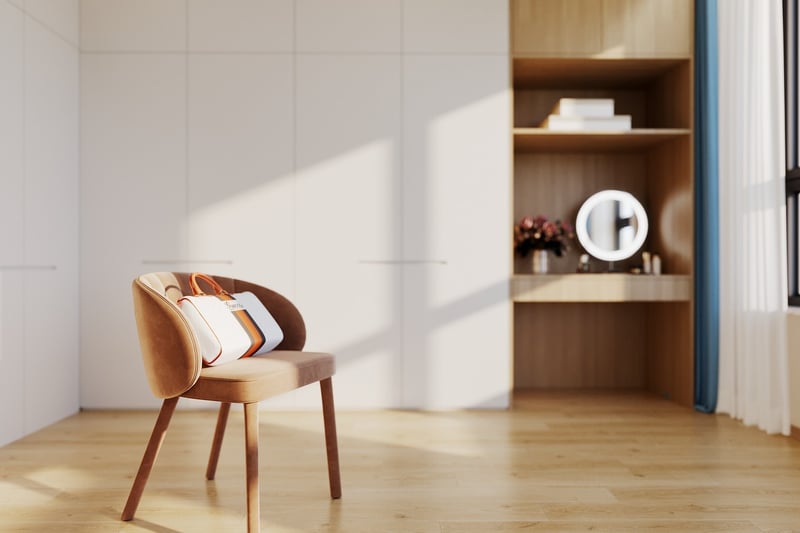Indoor Spaces
Maximize Your Gardening Area: Tips for Utilizing Indoor Spaces
Gardening is a rewarding and relaxing hobby that allows you to connect with nature and beautify your surroundings. However, limited outdoor space or unfavorable weather conditions can sometimes hinder your gardening efforts. The good news is that you can maximize your gardening area by utilizing indoor spaces effectively. Here are some tips to help you bring your love for gardening indoors:
1. Choose the Right Plants
When gardening indoors, it's essential to select plants that thrive in indoor environments. Consider low-light plants like spider plants, pothos, or peace lilies for areas with limited sunlight. Herbs like basil, mint, and parsley also grow well indoors and can be used for cooking.
2. Vertical Gardening
Vertical gardening is a space-saving technique that involves growing plants vertically on walls or trellises. Install wall-mounted planters or hanging baskets to make the most of your vertical space. This method not only maximizes space but also adds a decorative element to your indoor garden.
3. Grow Lights
If natural light is scarce in your indoor space, consider investing in grow lights. LED grow lights are energy-efficient and provide the necessary light spectrum for plant growth. Position the grow lights above your plants to ensure they receive adequate light for photosynthesis.
4. Utilize Windowsills
Windowsills are excellent locations for growing small plants and herbs. Place potted plants on windowsills that receive sufficient sunlight throughout the day. Make sure to rotate the pots regularly to promote even growth and prevent plants from leaning towards the light source.
5. Indoor Garden Design
Get creative with your indoor garden design to make the most of your space. Arrange plants of varying heights and sizes to create visual interest. Use decorative pots and planters to enhance the aesthetic appeal of your indoor garden. Consider incorporating trailing plants for added dimension.
6. Hydroponic Systems
Hydroponic systems allow you to grow plants without soil, making them ideal for indoor gardening. These systems use nutrient-rich water solutions to nourish plants' roots. Explore different hydroponic setups like Kratky, DWC (Deep Water Culture), or NFT (Nutrient Film Technique) to find the best fit for your indoor space.
7. Herb Garden in the Kitchen
Create a mini herb garden in your kitchen for easy access to fresh herbs while cooking. Install a herb planter on the kitchen counter or windowsill to grow herbs like rosemary, thyme, and chives. Not only will you have fresh herbs at your fingertips, but they will also add flavor to your dishes.

By implementing these tips, you can transform your indoor spaces into flourishing gardens that bring greenery and life into your home. Whether you have a small apartment or a spacious house, there are plenty of ways to maximize your gardening area indoors and enjoy the benefits of gardening year-round.
